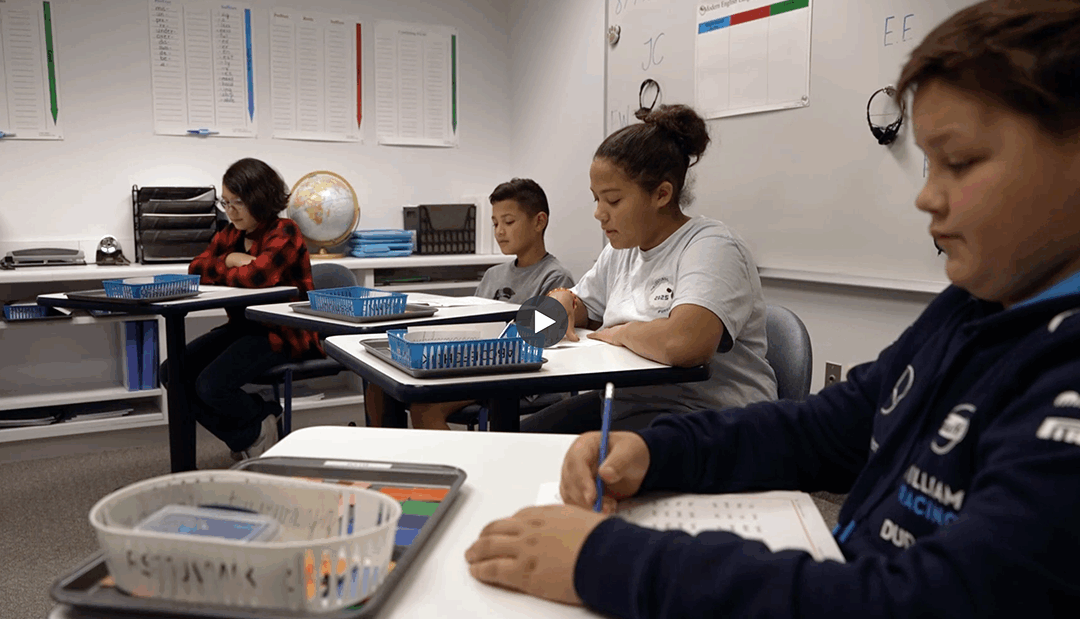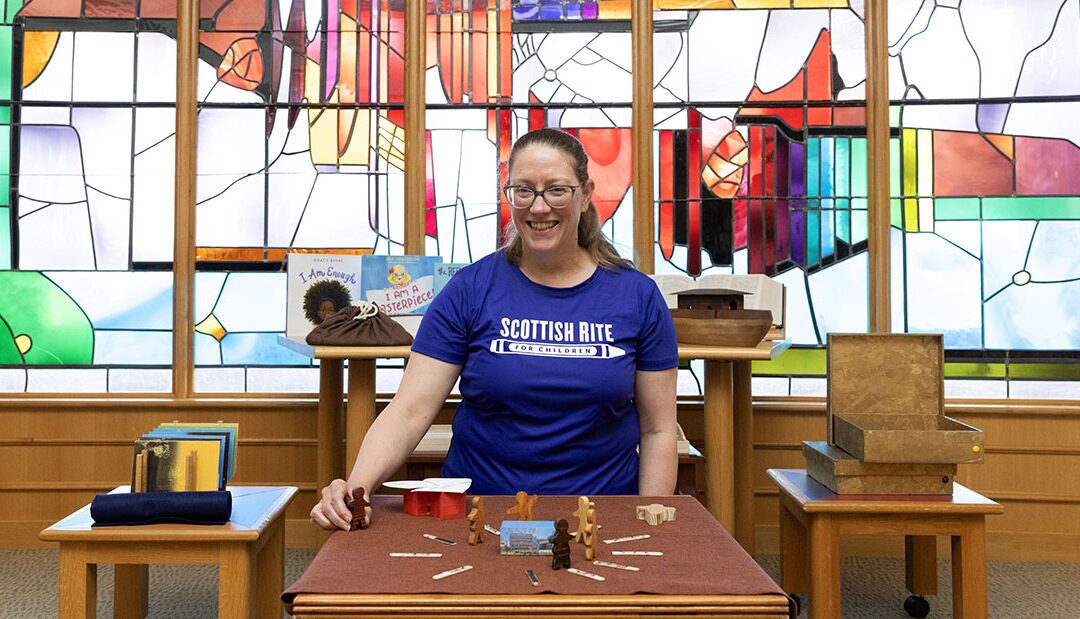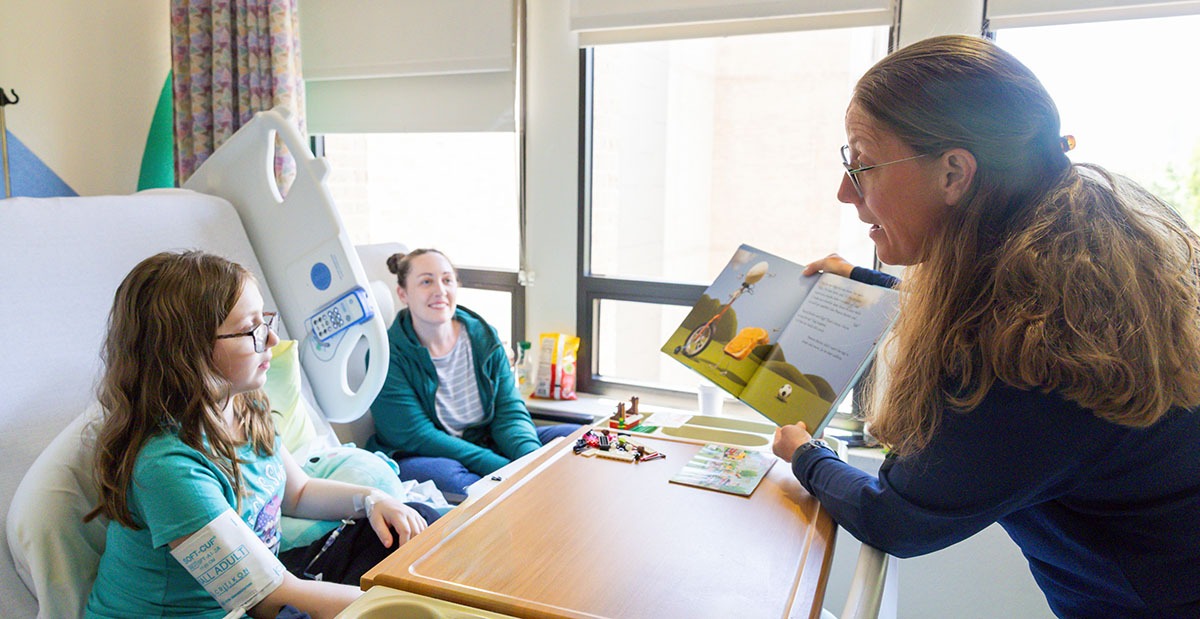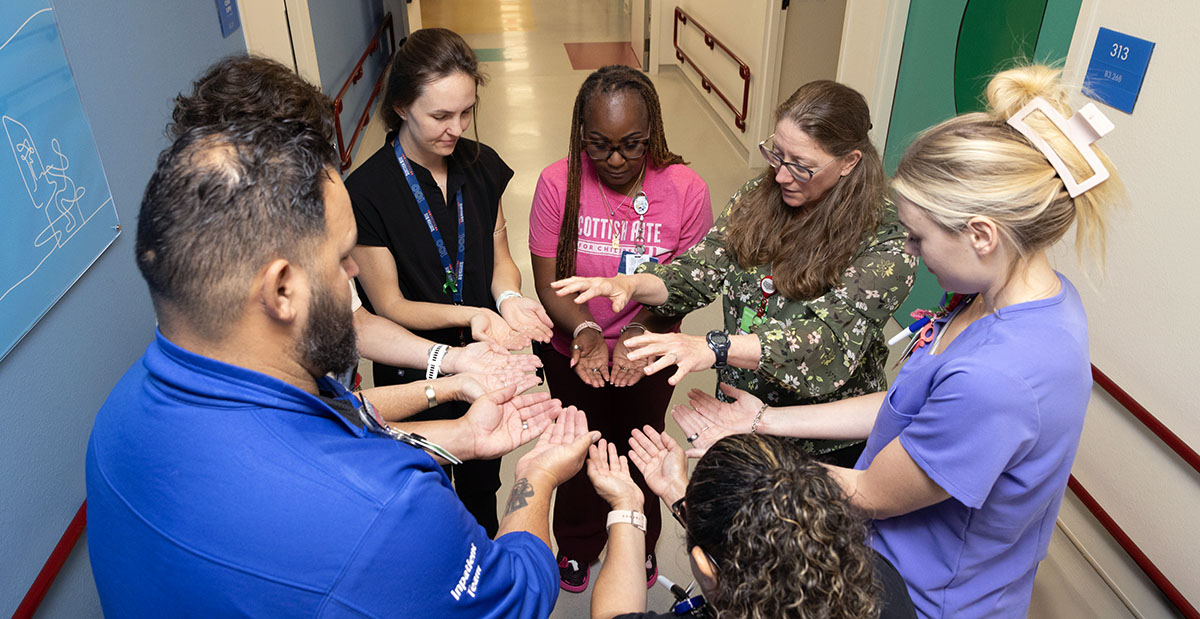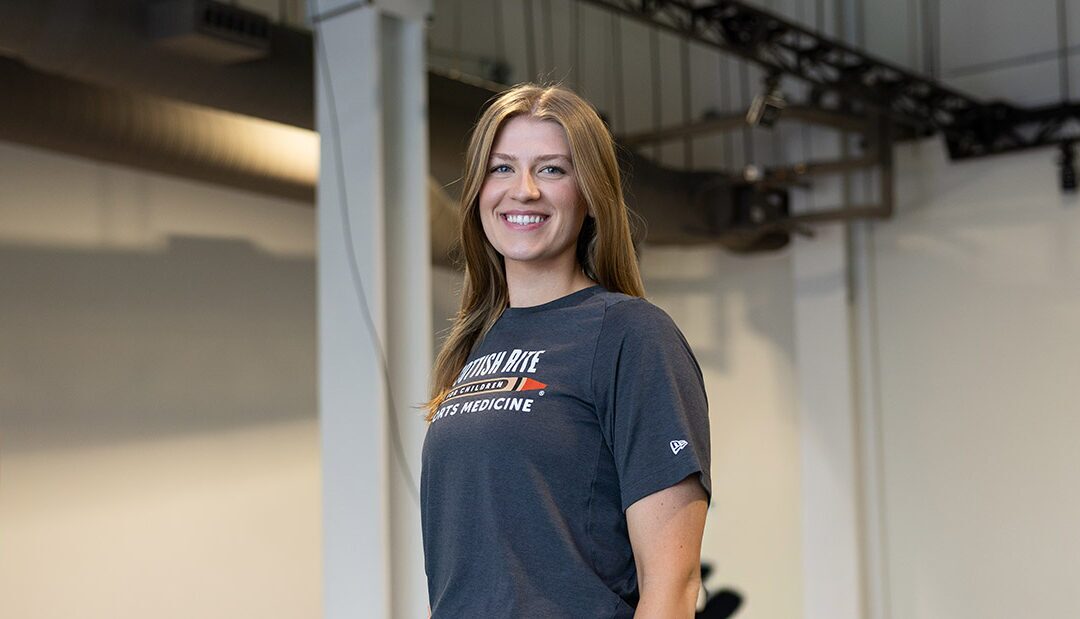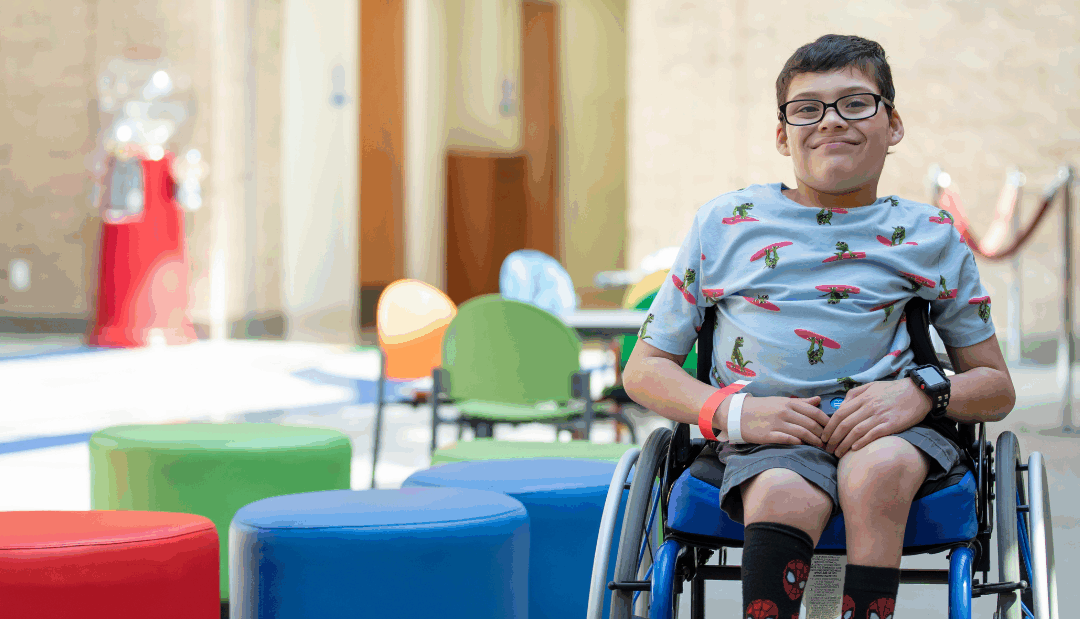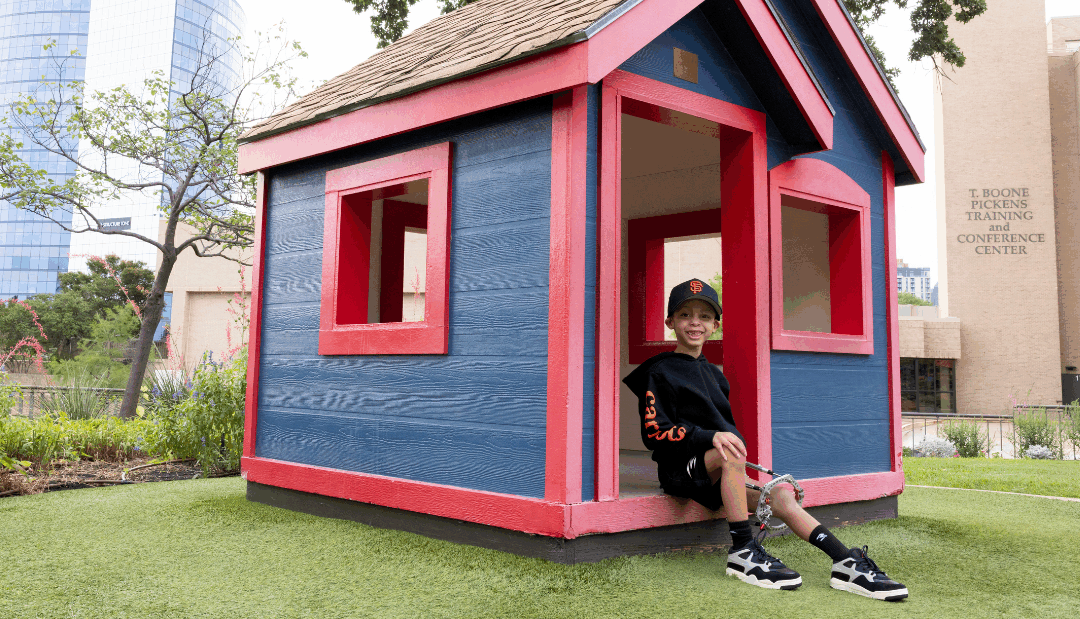What is your job title/your role at Scottish Rite?
I am a biomechanist for the Movement Science Lab (MSL) in Frisco. I help with a range of things, like collecting data, analyzing data, processing data and reporting findings. I support the MSL team in writing manuscripts and hosting large team testing events. I am willing to help and learn anything to benefit our team.
What is the most fulfilling part of your job?
The most fulfilling part of my job is researching such important yet unknown topics. For example, one of our research focuses involves female athletes. It feels great to be able to give these athletes our findings. When I was an athlete, research was not applied to sports as much. It feels rewarding to be able to give current athletes the knowledge I didn’t have. The entire MSL team is making an impact, and I feel lucky to be a part of it.
What makes Scottish Rite a special place to you?
Scottish Rite feels very family oriented. Everybody I have encountered is welcoming and supportive, which can be rare in some fields. Scottish Rite also gave me my first job in the biomechanics research field, which has presented so many opportunities I never would have thought of.
What made you choose a career in health care?
I grew up playing competitive volleyball, and with that, I got injured a lot. I wanted to have a job where I could figure out how these injuries happen and what could be done to reduce injuries in sports. I found out I liked the research side of sports when I went to graduate school.
What is something unique you get to do in your position?
The most unique part of my job is that every day is so different. Some days, we are doing data collections in the lab on multiple patients who have anterior cruciate ligament reconstruction. Other days, I am working at my desk or out in the field conducting tests on athletes. Our team gets to see both healthy athletes and athletes with injuries, which I think is unique!
What’s your favorite thing to do outside of work?
I enjoy lifting weights and spending time with my fiancé, Logan, alongside our dog and cat!
Do you have any hidden talents?
I memorized a bunch of digits of the number pi in sixth grade for extra credit, and I haven’t forgotten them.
Where are you from, and what brought you to DFW?
I am originally from Greensboro, North Carolina. I attended graduate school at Auburn University in Alabama and worked in their sports biomechanics lab. I found the opportunity to work for Scottish Rite’s MSL department and knew it would align with my goals. I saw Texas for the first time when I moved here for this job!
If you could travel to anywhere in the world, where would you go and why?
I would go to Italy. My mom and I have always dreamed of going together, and it would feel rewarding to take her one day and enjoy all the pasta and wine.
If you had to pick one meal to eat for the rest of your life, what would it be?
I would have a burrito bowl. I make and eat them almost every day already, and I have not gotten tired of it yet!
What movie do you think everyone should watch at least once?
“It’s A Wonderful Life”
What is the first concert you attended?
My first concert was to Miley Cyrus/Hannah Montana.
If you were to have a movie based on your life, which actress/actor would you choose to play your character?
Blake Lively
What is some advice you would give your younger self, OR what’s the best piece of advice you’ve received?
What is meant to be shall not pass me by.
